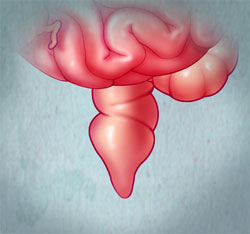 Diarrhea is an excessive amount of fluid in the stool. It is a common problem and is usually not serious. Some of the most common causes are viruses, bacterial infections, food allergies, food poisoning, different medicines, artificial sweeteners and alcohol abuse. It is also associated with Crohn’s disease and ulcerative colitis.
Diarrhea is an excessive amount of fluid in the stool. It is a common problem and is usually not serious. Some of the most common causes are viruses, bacterial infections, food allergies, food poisoning, different medicines, artificial sweeteners and alcohol abuse. It is also associated with Crohn’s disease and ulcerative colitis.
FAQs
Medical advice is recommended if it lasts more than two or three weeks. You should also contact a physician if you experience a change in bowel habits after taking a new drug. If you also have severe cramping, fever that lasts more than 24 hours or if you are vomiting and becoming dehydrated you should see a doctor.
There are simple things you can do when diarrhea first occurs that may reduce the symptoms. Taking only liquids by mouth and avoiding solid food and milk may be helpful. You can also try over-the-counter treatments like Pepto-Bismol®, Kaopectate® or Imodium®.
Your physician may recommend obtaining blood and stool samples or X-rays and ultrasound. In some cases, a sigmoidoscopy or colonoscopy is required to visually inspect the colon with a lighted, flexible tube. However, most cases do resolve on their own within several days.